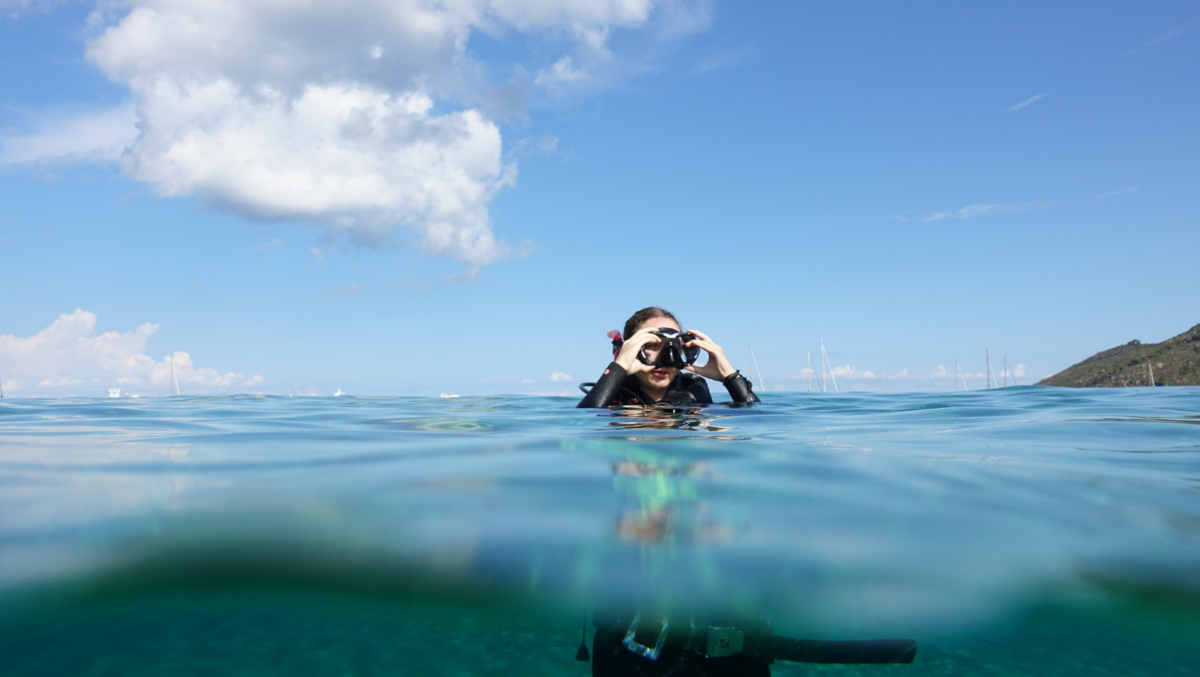In unserem Labor arbeiten wir mit verschiedenen Organismen, wie Weichkorallen, Hartkorallen und Quallen.
Marine Ökologie

Taucherin vor Giglio
Unser Arbeitsgruppe führt regelmäßig Exkursionen durch.
Leitung
Prof. Dr. Christian Wild
Email: christian.wild(at)uni-bremen.de
Telefon: +49 421 218 63367
Raum: UFT 2160
UFT, Leobener Str. 6
D-28359 Bremen
Deutschland
Sekretariat
Inae Kim-Frommherz
Email: inaekf(at)uni-bremen.de
Telefon: +49 421 218 62945
Raum: BIOM 1760
Bremen Zwei - Live-Tel. Christian Wild 18.04.2024
15th ICRS 2022 Video
It has been over a year since the 15th International Coral Reef Conference in Bremen. We have created a 5-minute recap video summarising the key messages from the plenaries of the conference.


